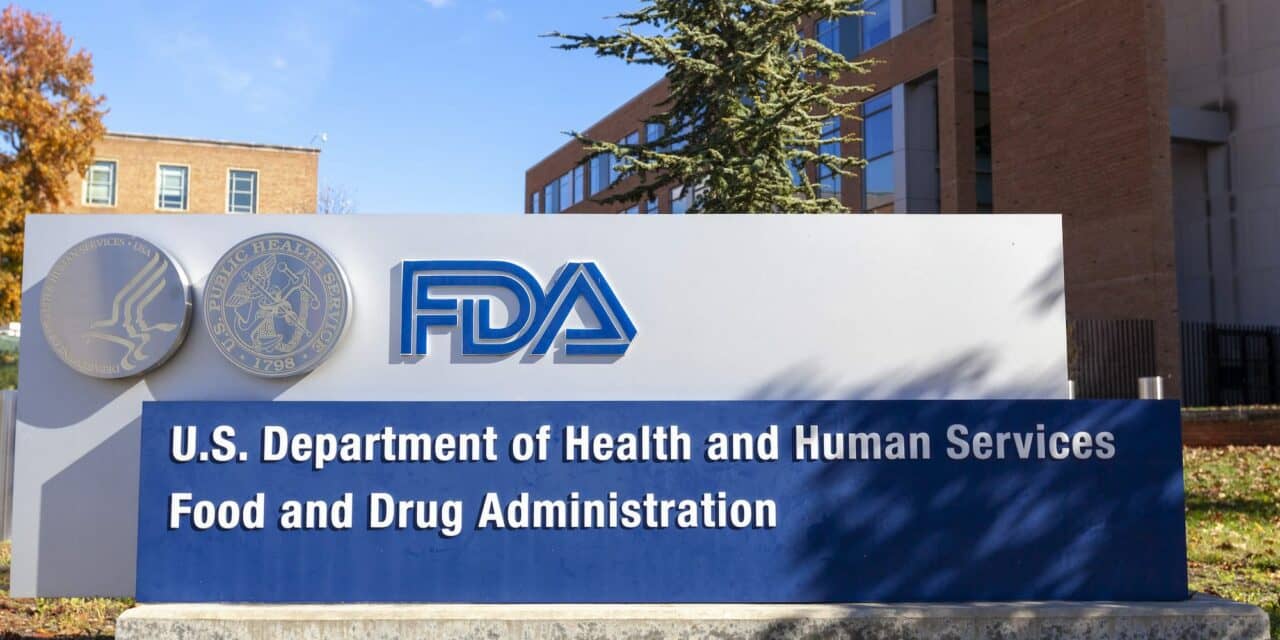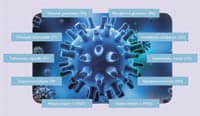Summary: The FDA granted 510(k) clearance and CLIA waiver for Roche’s cobas liat STI multiplex panels, enabling rapid, single-sample diagnosis of chlamydia, gonorrhea, and Mycoplasma genitalium.
Takeaways
- Comprehensive STI Detection: Roche’s cobas liat panels provide a single-sample diagnostic solution for chlamydia, gonorrhea, and Mycoplasma genitalium, addressing overlapping symptoms and asymptomatic cases.
- Improved Access: The rapid molecular point-of-care testing supports timely diagnosis in decentralized and community healthcare settings, promoting informed treatment and better health outcomes.
- Global STI Challenge: With over one million daily STI infections worldwide, the new diagnostic panels aim to reduce complications like pelvic inflammatory disease and infertility while limiting STI spread.
The U.S. Food and Drug Administration (FDA) has granted 510(k) clearance and Clinical Laboratory Improvement Amendments of 1988 (CLIA) waiver for Roche’s cobas liat sexually transmitted infection (STI) multiplex assay panels.
STI Multiplex Panels
These panels, including tests for chlamydia and gonorrhea (CT/NG) and chlamydia, gonorrhea and Mycoplasma genitalium (CT/NG/MG), enable clinicians to diagnose and differentiate between multiple STIs with a single sample. These tests will be exclusively available in the U.S. market in the coming months, with commercialization under CE mark expected to follow shortly.
“Rapid molecular point-of-care testing can revolutionize the clinical management of STIs in decentralized and community-based healthcare settings, enabling informed treatment strategies and better health outcomes for patients, and containing further spread by providing timely diagnosis,” says Matt Sause, CEO at Roche Diagnostics.
Further Reading
Global Impact of STIs
More than one million people worldwide acquire an STI every day. Common STIs often present overlapping symptoms and can frequently be asymptomatic, making diagnosis challenging when relying solely on symptoms. Chlamydia trachomatis (CT) and Neisseria gonorrhoeae (NG) are among the most prevalent STIs. If untreated, these infections can lead to serious health complications, including pelvic inflammatory disease (PID), urethritis, ectopic pregnancy, infertility and an increased risk of HIV infection.(1) Additionally, Mycoplasma genitalium (MG) is an emerging sexually transmitted pathogen affecting both males and females, with untreated infections resulting in severe health issues such as PID and infertility.(2)
References
- Sexually transmitted infections key facts. World Health Organization. Published May 2024.
- Mycoplasma Genitalium: A New Superbug. NIH PubMed. Published June 7, 2022.





